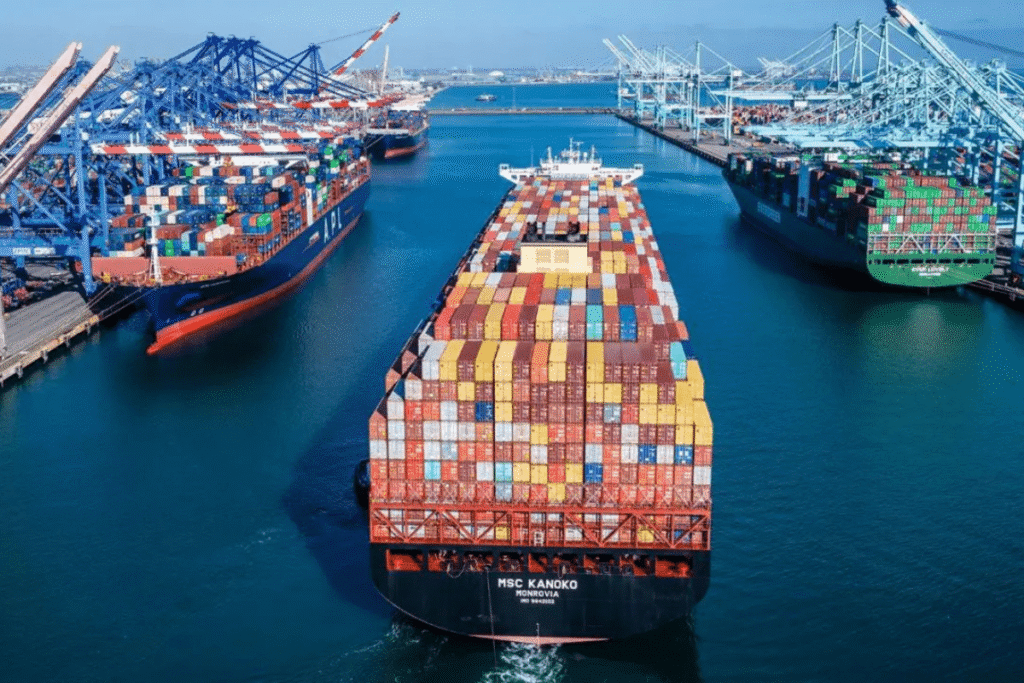The recent U.S. trade policy changes, including the elimination of the de minimis exemption and the imposition of steep tariffs on Chinese imports, are dramatically altering the landscape of cross-border e-commerce. These moves primarily target platforms such as Temu and Shein, which have heavily relied on low-cost shipments from China to offer consumers inexpensive goods.
What Is the De Minimis Loophole and Why Does Its Closure Matter?

The de minimis rule allowed packages valued under $800 to enter the United States duty-free with minimal customs inspection. This exemption enabled Chinese e-commerce companies to ship vast quantities of goods directly to American consumers without incurring tariffs, giving them a significant competitive edge over domestic retailers.
However, as of May 2, 2025, this loophole has been closed following an executive order by the Trump administration. Now, nearly all shipments from China and Hong Kong are subject to tariffs that can reach up to 145%, alongside additional postal fees depending on the shipping method. This policy shift aims to level the playing field for U.S. businesses and curb the influx of low-quality and counterfeit goods that previously exploited the loophole.
Impact on E-Commerce Platforms and Consumers
The closure of the de minimis exemption has immediate and far-reaching consequences:
- Price Increases: Consumers shopping on Temu, Shein, and similar platforms are experiencing significant price hikes, with some items more than doubling in cost due to added tariffs and fees. For example, a $15 dress could increase to $17 or more59.
- Shipping and Delivery: Longer delivery times are becoming common as sellers adjust to new customs procedures and logistics challenges. Some companies are shifting inventory to U.S.-based warehouses to avoid tariffs, which can also affect shipping speed and costs.
- Market Dynamics: Domestic retailers and online platforms that fulfill orders from U.S. warehouses, such as Amazon, stand to benefit from reduced competition from Chinese sellers facing higher import costs. Smaller sellers who relied on the loophole are also forced to reconsider their supply chains, possibly moving toward bulk shipments or local distribution centers.
- Counterfeit Goods and Logistics: The policy change increases the cost and difficulty for counterfeiters to ship goods, potentially reducing the flow of fake products. Legitimate sellers are also rethinking their logistics strategies, balancing higher costs against consumer demand.
How Temu Is Adapting: The Half-Custody Shipping Model
In response to these trade barriers, Temu has adopted a “half-custody” shipping strategy. Instead of shipping goods directly from China to consumers, Temu encourages merchants to send bulk shipments to U.S. warehouses. From there, orders are fulfilled locally, helping to bypass some import tariffs and improve delivery times.
While this model offers advantages such as faster shipping and reduced customs fees, it also shifts more logistical responsibilities and costs onto merchants. This transition may lead to higher prices for both sellers and shoppers, especially if U.S. warehouse inventories run low and replenishment involves costly imports.
Also Read https://scoopusa24.com/bitcoin-etf-inflows-2025-record-weekly-surge/
